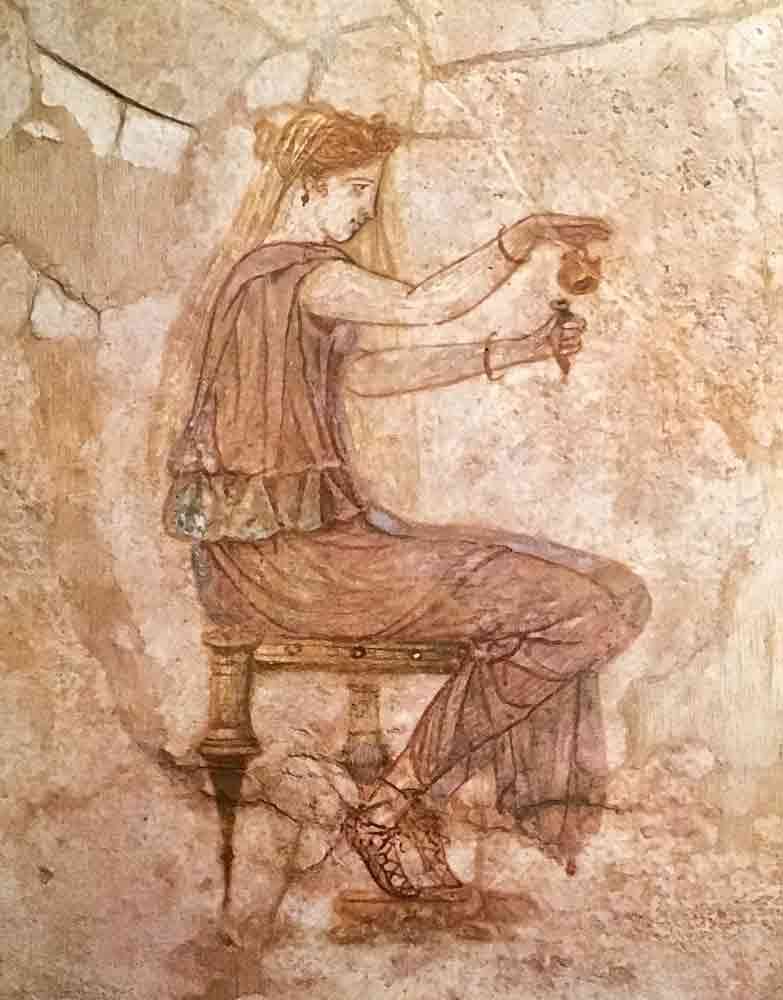
- **Early Influence:**
Perfume in Rome was heavily influenced by earlier civilizations like **Egypt**, **Greece**, and **Mesopotamia**. The Romans adopted and expanded on these traditions, incorporating scents into **daily life**, **religion**, and **luxury culture**.
- **Everyday Use:**
Romans used perfumes in **baths**, **clothing**, **homes**, and even on pets and furniture. Perfumed oils and powders were popular among both **men and women**, especially among the wealthy. Public baths often had perfumed oils for skin treatments.
- **Religious and Ceremonial Use:**
Perfumes were used in **temple rituals**, burned as incense, and offered to the gods. They believed fragrance had **spiritual power** and purification qualities.
- **Luxury and Status:**
Perfume became a symbol of **wealth and status**. Exotic ingredients like **frankincense**, **myrrh**, **cinnamon**, and **rose oil** were imported from Arabia, India, and North Africa. The most luxurious perfumes were stored in decorative **alabaster or glass containers**.
- **Criticism and Excess:**
As perfume use became more extravagant, some Roman writers like **Seneca** and **Pliny the Elder** criticized its excess, associating it with decadence and moral decline.
So, in ancient Rome, perfume wasn’t just about smelling nice—it was a blend of **art, ritual, status, and indulgence**.
.jpg)
.jpg)

.jpeg)

.jpeg)
